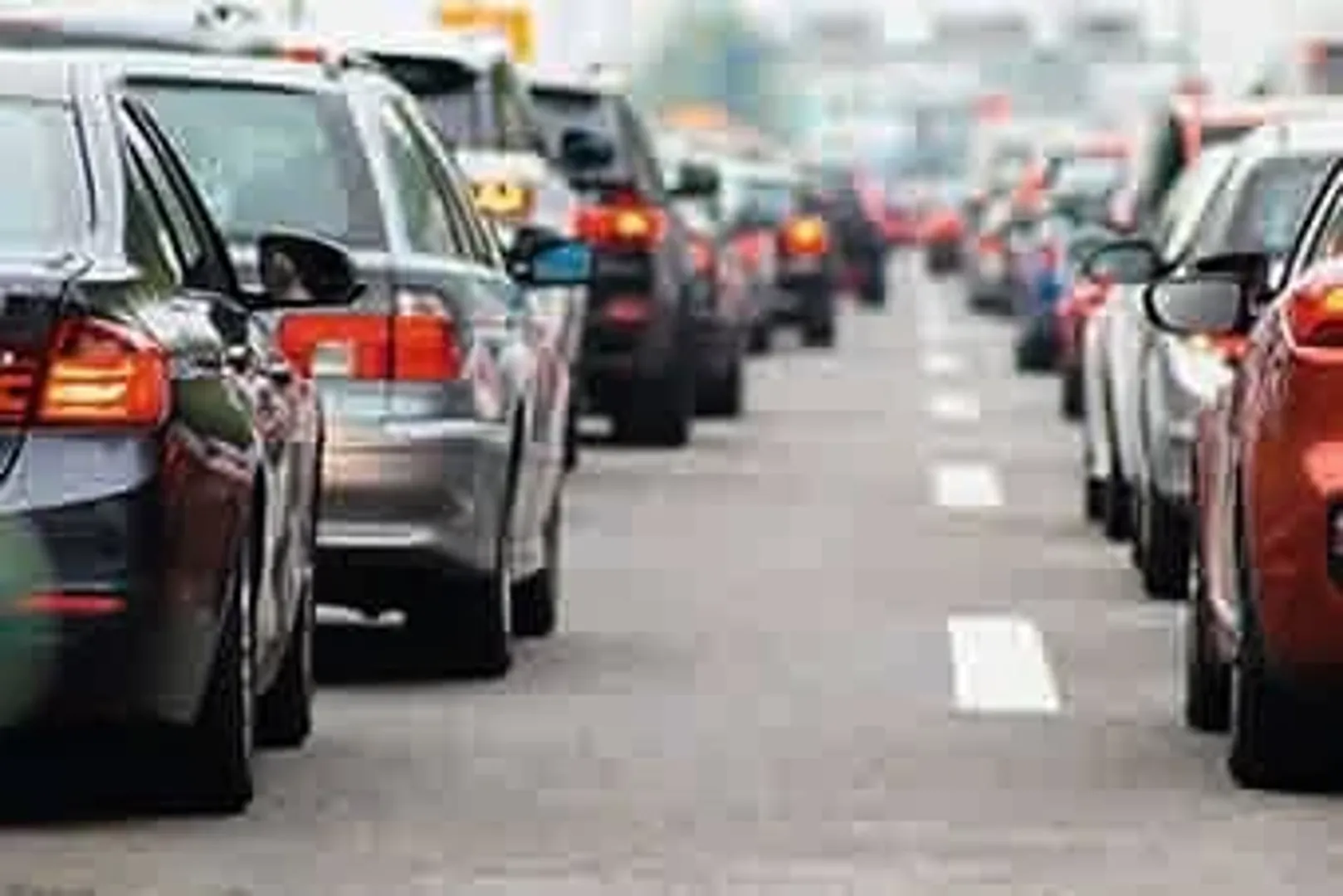
Congestion is no joke for businesses who rely on the roads to keep operations going and cash coming in. A new analysis of satellite traffic data has revealed the extent of congestion on the UK’s roads.
The average British driver spends a whopping 132 hours per year stuck in traffic. That’s the equivalent of five and a half days! Imagine the added boost to business if your drivers had that extra time to work instead of spending it stationary. In fact, it’s estimated that road congestion cost the UK economy £8 billion in 2018.
Here's a look at some of the country's worst-hit congestion areas, along with tips on how to avoid or alleviate the problem.
Congestion hotspots
Unsurprisingly, London was high on the list, with traffic adding an average of 37% extra time on top of the expected travel time.
This means that for a journey of 30 minutes (by distance) drivers can expect to spend an additional 11 minutes caught in traffic, stretching the trip to 41 minutes.
Other cities where fleet drivers are likely to find themselves losing precious time to traffic jams are Bournemouth, which is the third worst-hit, Hull, Bristol and Leicester.
Surprisingly, Birmingham escaped the top ten despite being the second largest city in the UK. Its close neighbour Coventry, however, came in at the number ten spot.
The UK’s most congested cities (with additional travel time as a percentage of expected travel time) are:
- 1. Edinburgh – 40%
- 2. London – 37%
- 3. Bournemouth – 34%
- 4. Hull – 34%
- 5. Belfast – 34%
- 6. Brighton – 34%
- 7. Bristol – 32%
- 8. Manchester – 32%
- 9. Leicester – 30%
- 10. Coventry – 29%
The Scottish capital not only tops UK figures for congestion; it also ranks among the most crowded cities globally. Edinburgh comes in at number 27 out of 403 cities across 56 countries, in the study by TomTom. It is also the 10th most congested city in Europe.
Low traffic zones
At the other end of the scale, we see Middlesbrough, Preston and Stoke-on-Trent as the three least traffic-ridden of the UK’s larger cities.
The UK’s least congested big cities (with additional travel time as a percentage of expected travel time) are:
- Reading – 24%
- Portsmouth – 24%
- Stoke-on-Trent – 24%
- Preston – 22%
- Middlesbrough – 19%
How to reduce the impact of traffic on operations
While congestion is a real and growing problem on UK roads, there are several practical approaches that drivers and their employers can take to try and minimise its impact.
- Use technology to plan routes: Encourage drivers to use live satellite technology. This could be as simple as downloading smartphone apps like Google Maps or Waze, which use real-time traffic data to plan the best route and changes on the go as traffic situations develop, or it may be a more advanced route-planning system.
- Time journeys to avoid peak times: Take traffic patterns into account when planning journeys to make optimal use of time. Small changes to routes and collection/delivery schedules can make a real difference. Drivers should use their local knowledge to steer clear of congested roads at busy times and find alternatives. Some companies have even had success by adjusting their operating times.
- Don’t be limited to motorways and major highways: While motorways and A-roads are designed for high-speed traffic, the reality can be gridlock and go-slows. Under these circumstances, smaller A-roads and B-roads can sometimes provide the solution for fleet managers and drivers willing to think outside the box.


